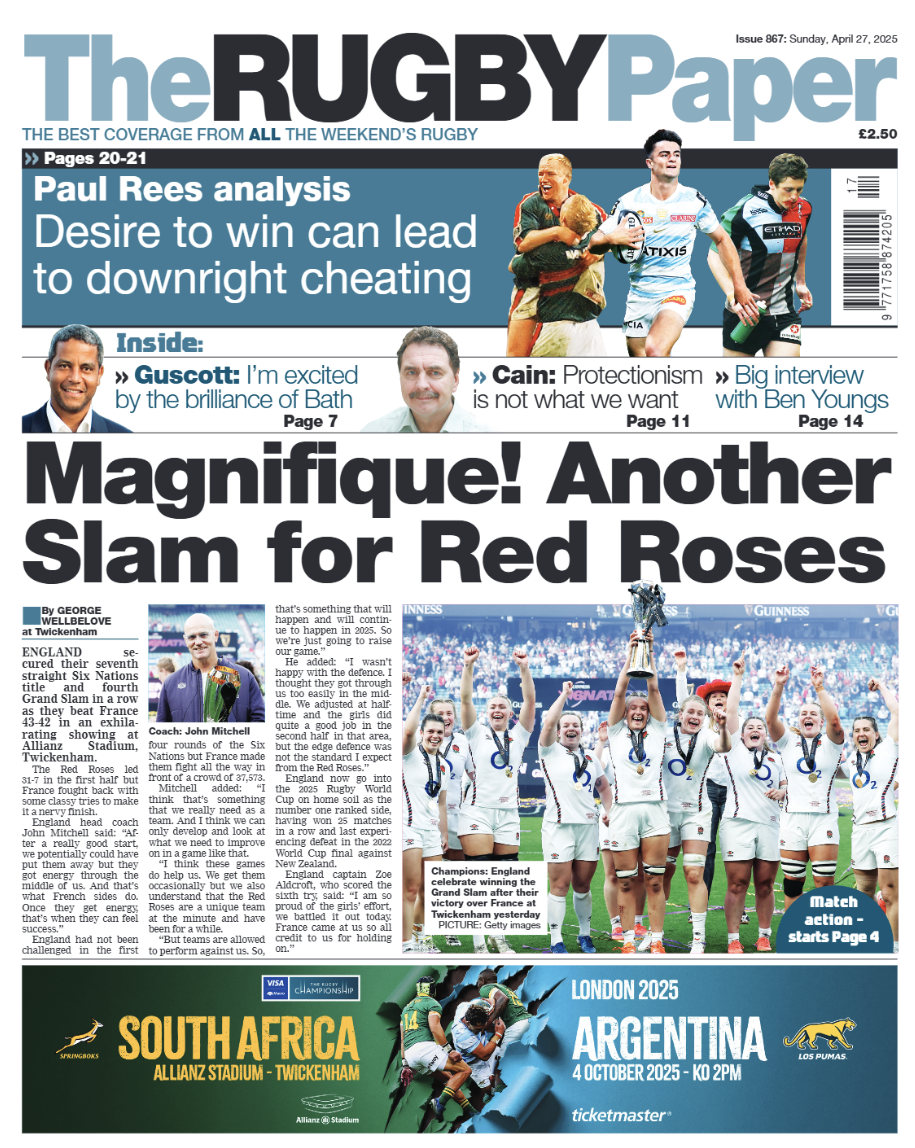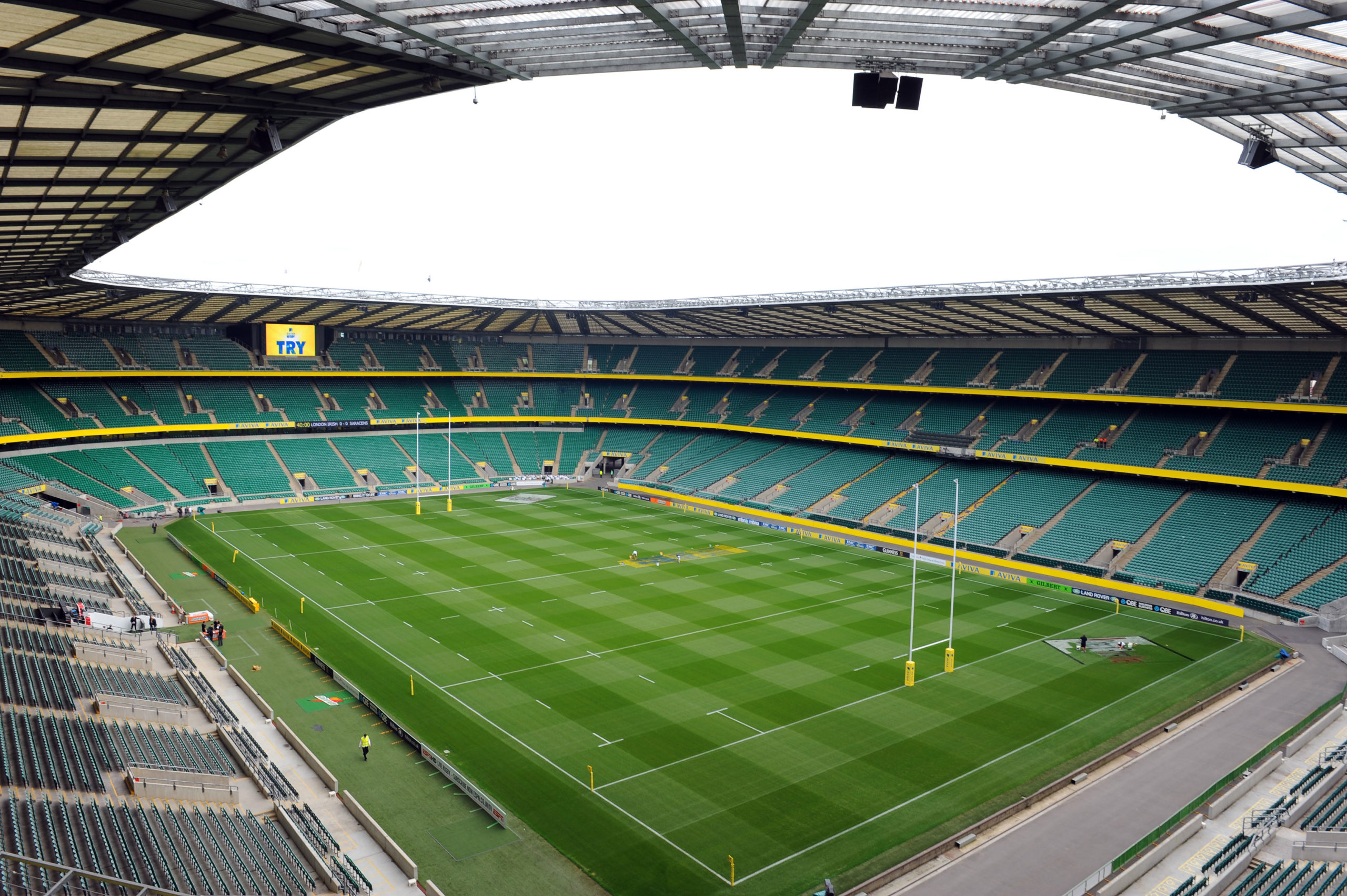
Rugby has been gaining popularity in the United States over the past few years and, a few years ago, was reported to be the fastest-growing sport being played on American soil.
The discipline is considered religion in places such as Australia and South Africa, as well as England. But, while it has had strong fanbases scattered in different parts of the U.S. for a long time, it’s only now becoming more mainstream.
American fans can enjoy rugby both at the college and professional level, with pro leagues having sprouted up to create additional avenues.
Why Has Rugby Become So Popular In America?
The success of the national team has had a huge part to play in rugby’s rise. The United States has been competing internationally for many years but won its first World Cup in 2019 as the Eagles went on to prove they can hang with the countries considered to be rugby nations.
It also helps that the sport is somewhat similar to football. But the launch of the Major Rugby League and Collegiate Rugby Championship in 2018 and 2020 respectively has done a lot to increase the sport’s popularity.
The role of television cannot be discounted either. There has been more media coverage over the course of the last few years as top broadcasters like ESPN and NBC Sports have included rugby games. More people are paying attention and have gravitated toward the sport as a result, while some of the top sportsbooks available in the states offer odds on the sport.
Football is by far the most popular sport in North America, with the Super Bowl the most-watched event nationwide. And, although some folks might not want to admit it, America’s favorite sport has its roots in rugby.
According to Nielsen research from 2018, rugby was the sport snatching up demographics at a speedier rate than any other. Back then, over 33 million people were either very interested or interested in the sport.
Over a 10-year span ending in 2016, the number of rugby players in the U.S. had increased by more than a million people while there were 125,000 players attached to 2,763 teams. USA Rugby was also in charge of 900 college teams.
Those numbers have ballooned since then, with rugby now thought to be climbing that competitive ladder and many predicting that it will soon compete with America’s favorites, football, baseball, basketball, and soccer.
The Outlook For Rugby In America
It would be hard to make a case against rugby’s future in the States. There’s no reason why it should slow down, especially given the Eagles’ continued success, as well as the development of the sport on the pro and college levels.
Rugby is on course to become a mainstream sport where America is concerned. And it’s easy to see why people like it; there’s nothing complicated about the sport, plus it’s as physical as it is exciting all while fast-paced and requiring strength and dexterity.
The game’s rules are straightforward, and one could probably understand them fully after watching one game. The physicality involved is especially attractive as Americans are fond of contact sports, but the teamwork aspect is huge too.
There are also plenty of opportunities for prospective players to enhance their chances of playing professionally or just to showcase their skills. The USA Sevens tournament comes around every year and draws over 60,000 fans annually, having become one of the most popular rugby tournaments in the world.
The competition sees the best 16 teams in the world battle it out over a weekend, with over 40 games being played in around 16 hours. Games don’t go past 20 minutes in the round-robin-style affair, which features intense, quick-paced action and some of the most physically gifted athletes around.
The sport of rugby has something for everyone, from physicality and intense competition to feats of athleticism and excitement to palpable camaraderie. There’s also something to be said for the simplicity of the rules. More Americans are becoming fans of the sport, which spells a great future. And who knows? Maybe one day, there will be a final affair to compete with the Super Bowl, as far-fetched as that seems.






















You must be logged in to post a comment Login